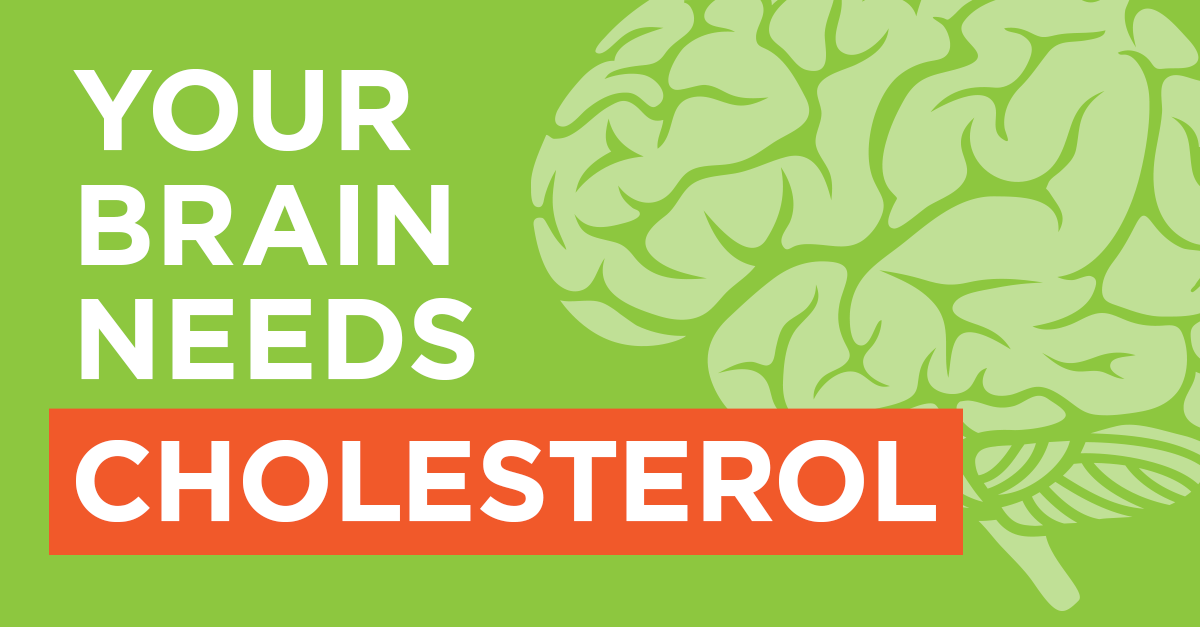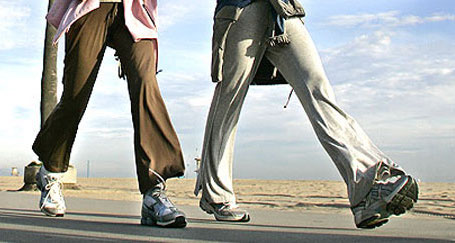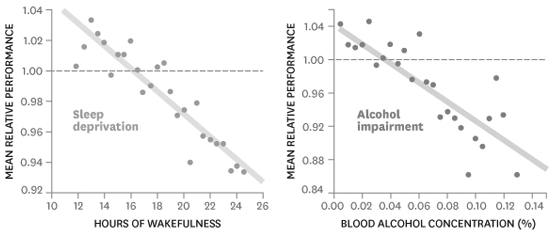We’ve talked about the nutritional needs of a healthy brain, and how a higher-fat lower-carb diet supports that. Not only because of the negative impact of sugar and the potential for insulin resistance and AGEs, but because our brain needs cholesterol and saturated fat – to build and support cells, and to properly transport and absorb essential nutrients.
In 1993, researchers in the Lancet found a 300% greater risk of depression in the group with the lowest cholesterol, compared to the group with the highest.

We’ve also talked about the impact of daily exercise. With a consistent walking regimen improving the function of brain neurons, and having a significant impact on cognitive performance and disease risk.
A study from 2012 in the journal Neurology looked at elderly adults and determined that those who were least active had a 230% greater risk of Alzheimer’s compared to those who were most active.

But that’s not what we’re here to discuss. In fact, today’s topic is probably something you’ve never thought of with respect to the health and performance of your brain.
…
It’s sleep!
And despite what you’re thinking, it has less to do with the negative impact a lack of sleep has on glucose tolerance, stress levels, and inflammation, and more to do with flat-out brain damage from not sleeping.

Ever wonder why crappy days coincide with a poor nights sleep?
It’s because not sleeping shuts down the prefrontal cortex, damages nerve cells, disrupts memory storage, and even shrinks the size of your brain!
One study found that mental and physical performance from sleep deprivation is nearly equivalent to alcohol impairment.

Not surprisingly, it also impacts our overall mood and mental health. With research linking it to everything from anxiety and depression, to behavioral problems, pre-existing physiological conditions, and relationship dissatisfaction.

The explanation for all this is actually quite simple, when you understand that our brain needs time to rest and regenerate like the rest of our body. Especially for those running their brain in over-drive from 9 to 5 and beyond.
If you’re one of these folks, and you’ve decided the fat loss, muscle gain, immune support, and disease prevention isn’t worth going to bed, maybe the high-performing brain is (1, 2, 3, 4, 5). Chances are, you’d get A LOT more done (and do a better job) with a well-rested 16hr day, than you’ve ever managed to painfully squeeze out in 19.
Stay Lean!
Coach Mike
RELATED ARTICLES:
Sleep Loss = Muscle Loss (Bro!)
